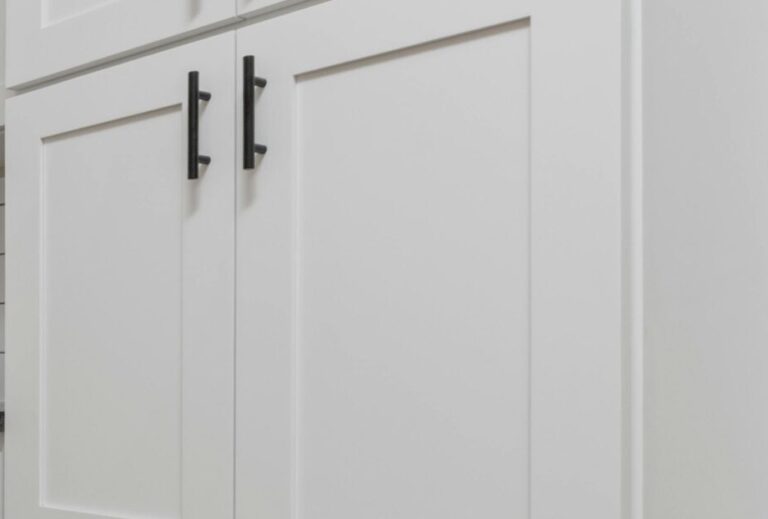
How to Choose the Right Countertop
When it comes to designing your kitchen, the countertop plays a significant role. It’s not just a surface to work on, but also a focal point that can enhance the overall aesthetic of the space. With a plethora of options available in the market, choosing the right countertop can be overwhelming. Here’s a guide to help you make an informed decision:
1. Consider Your Lifestyle
Your lifestyle and how you use your kitchen will heavily influence the type of countertop you should choose. If you have a busy household with lots of cooking, you might need a durable, low-maintenance surface. For those who love hosting, a stylish and functional countertop might be a priority.
2. Evaluate Different Materials
There are several materials to choose from, each with its own set of advantages and disadvantages:
Granite: Known for its natural beauty and durability, granite is heat and scratch-resistant. However, it requires periodic sealing to prevent stains.
Quartz: Engineered stone that’s non-porous and low-maintenance. It’s available in a wide range of colors and patterns but can be more expensive.
Marble: Offers a luxurious and elegant look. It’s heat-resistant but can be prone to scratches and stains, making it high-maintenance.
Laminate: Budget-friendly and available in numerous styles. It’s not as durable as stone but it is easy to clean and maintain.
Butcher Block (Wood): Provides a warm, rustic feel. It’s perfect for chopping but requires regular oiling and can be susceptible to scratches and water damage.
Concrete: Customizable and unique, concrete countertops can be tailored to your design preferences. They need sealing to prevent stains and can develop hairline cracks over time.
3. Budget
Your budget will play a crucial role in determining the type of countertop you can afford. While materials like granite and quartz can be pricey, options like laminate and butcher block are more affordable. Keep in mind the long-term costs, including maintenance and repairs.
4. Aesthetics
The countertop should complement the overall design of your kitchen. Consider the color, pattern, and finish that will best suit your space. Whether you prefer a modern, minimalist look or a more traditional, classic style, there’s a countertop to match your vision.
5. Maintenance Requirements
Some countertops require more maintenance than others. For example, natural stone surfaces like granite and marble need regular sealing, while quartz and laminate are low-maintenance options. Consider how much time and effort you’re willing to invest in upkeep.
6. Environmental Impact
If sustainability is important to you, research the environmental impact of different materials. Options like recycled glass, bamboo, and reclaimed wood offer eco-friendly alternatives.
7. Seek Professional Advice
Consulting with a professional can provide valuable insights and help you make the best choice. They can guide you through the selection process, offer design tips, and ensure proper installation.
Conclusion
Choosing the right countertop involves balancing functionality, aesthetics, and budget. By considering your lifestyle, evaluating different materials, and seeking professional advice, you can find the perfect countertop that meets your needs and enhances your space.


